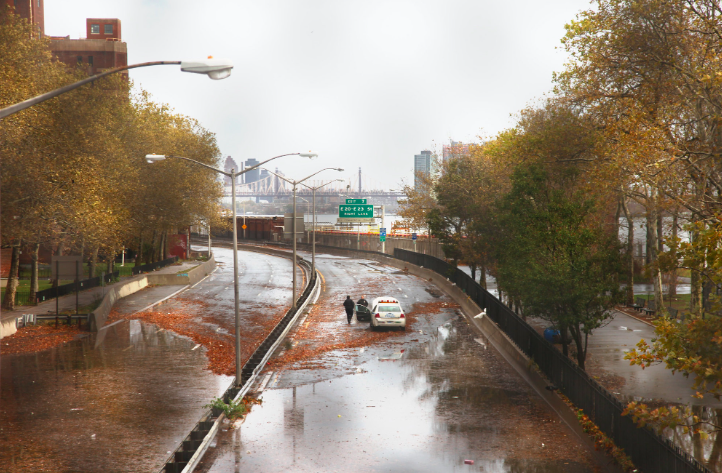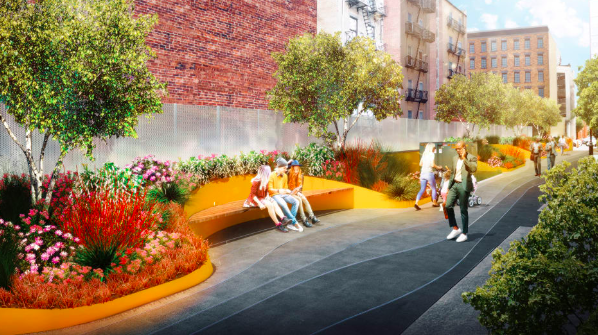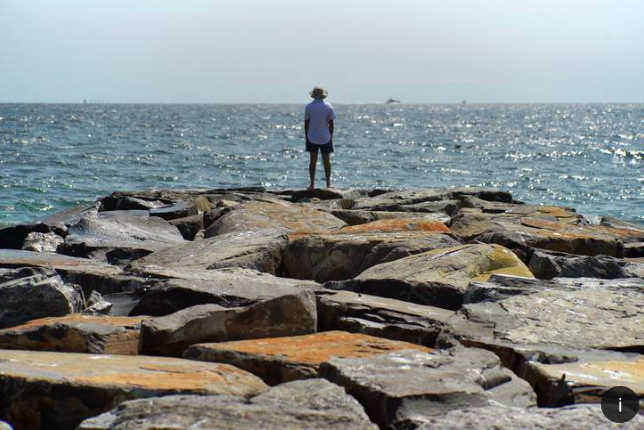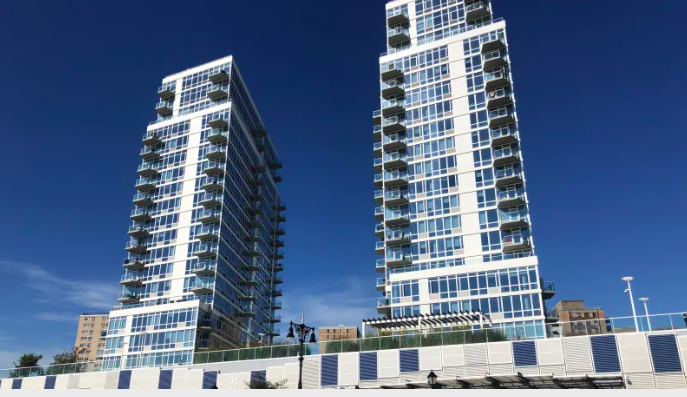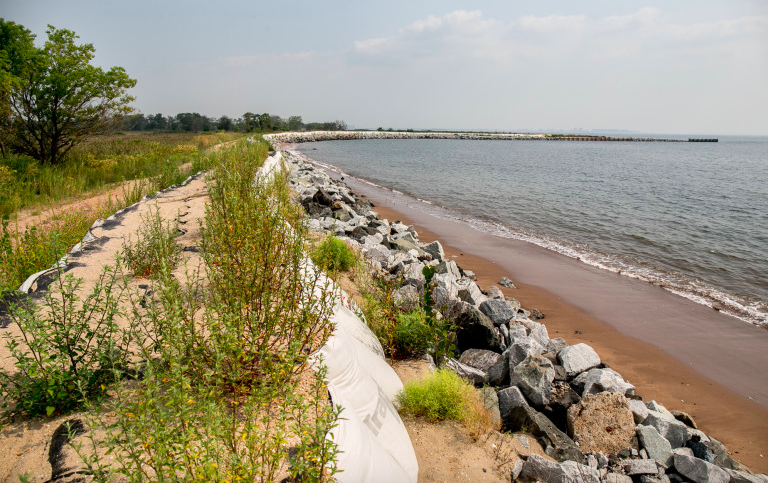10 years after Superstorm Sandy: rebuilding, redesigning and rethinking New York City
6sqft: A decade ago, an Atlantic hurricane-turned-superstorm named Sandy caught ready-for-anything New York City completely off guard as it raged up the East Coast from the Caribbean to Canada. On October 29, 2012, the city was blindsided by an unanticipated storm surge that flooded streets and subway tunnels and cut power. It took some areas weeks to get […]
10 years after Superstorm Sandy: rebuilding, redesigning and rethinking New York City Read More »
